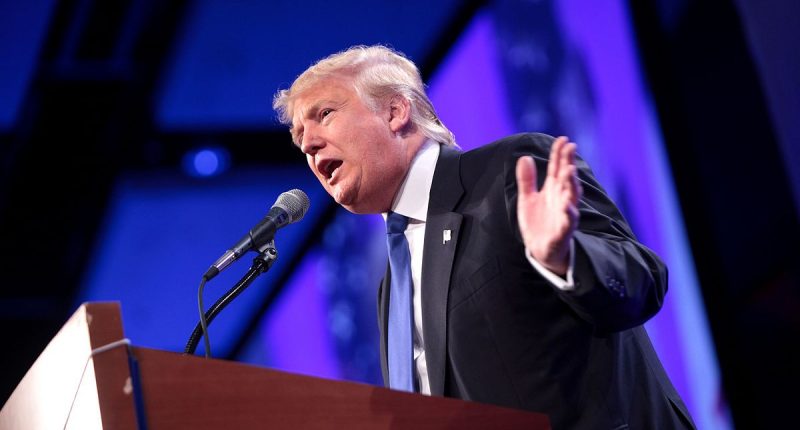Donald Trump will mark his return to the Oval Office as the 47th US President, and already, speculations have arisen regarding what his policies will be during his term. Special focus is given to Trump’s future stance towards antitrust policies towards Big Tech companies like Alphabet’s Google, and whether they will depart from the policies pursued by President Joe Biden.
To provide some context, Big Tech companies had a tough time during the Biden administration. The US Department of Justice (DOJ) stepped up to take the lead in lawsuits aimed at curbing the monopoly power of tech giants like Google, Apple, Meta, and Amazon, to name some. Special mention must be made of Google – the company’s dominance in both the online search and advertising markets has attracted scrutiny from the government.
The current litigation against the tech giant will have an immense impact if it goes through – the DOJ is considering breaking up the tech titan and forcing the company to divest assets such as its Chrome web browser, as well as end agreements that make Google the default search engine on devices like Apple’s iPhone. “For more than a decade, Google has controlled the most popular distribution channels, leaving rivals with little-to-no incentive to compete for users,” the filing by the government lawyers revealed at that time. “Fully remedying these harms requires not only ending Google’s control of distribution today, but also ensuring Google cannot control the distribution of tomorrow.”
With Trump back in power, this might not happen. The recent remarks of the US President suggest that a breakup of Google might not happen at all. “If you do that, are you going to destroy the company? What you can do without breaking it up is make sure it’s more fair,” he said at an event in Chicago in October.
This begs the question – how will Trump approach ongoing antitrust cases against Big Tech companies? Whatever the answer is, it will be central to his potential influence over the DOJ and the Federal Trade Commission (FTC). His comments on Google’s breakup suggest that his new administration may pursue a different path than the Biden administration. It remains to be seen whether Trump opts to take a more lenient approach toward regulating Big Tech, choosing to focus on policies that ensure a level playing field without disrupting the businesses themselves.
Other changes that Trump may make include changes to policies that deal with mergers and acquisitions. The Biden administration saw both the DOJ and FTC be particularly focused on scrutinizing mergers. According to Jon Dubrow, a partner at the law firm McDermott Will & Emery, the current merger guidelines may be rolled back under the new administration, which means that a more relaxed regulatory environment could allow for more mergers and acquisitions to proceed without heavy scrutiny.
The Tech Portal is published by Blue Box Media Private Limited. Our investors have no influence over our reporting. Read our full Ownership and Funding Disclosure →





